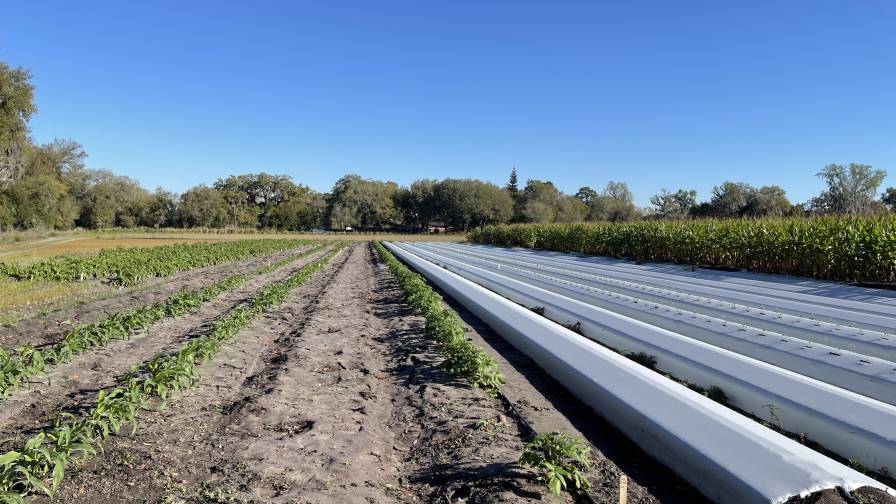What Does the Future Hold for Dicamba?
The Ninth Circuit Court’s decision to declare EPA’s re-registration of dicamba invalid back on June 3 sent shockwaves through the agricultural industry. Ultimately, EPA issued a ruling that existing stocks of the herbicide could still be used by growers and applicators through the end of July. Although this decision was challenged, it was allowed to stand.
“The American Soybean Association is pleased that the U.S. Court of Appeals for the Ninth Circuit has chosen to support EPA’s legal authority and deny a petition that sought to invalidate EPA’s Cancellation and Existing Stocks Order issued June 8,” said the association in a June 19 press release. “EPA’s long-established policy and practice under FIFRA provides for an orderly management of the distribution, sale, and use of existing stocks of a formerly registered pesticide product, including – as in this instance – in the context of vacatur. Immediately banning use of existing stocks of Xtendimax, Engenia, and FeXapan would have financially devastating consequences on America’s soybean growers, who have invested an estimated $3.35 billion for soybean seed in 2020 and hundreds of millions of dollars more in herbicides, labor, fertilizer, and other costs, expecting that over-the-top applications of dicamba would remain lawful.”
With its present seemingly secure, all eyes will now turn to the future for dicamba. For clues about this, consider the moves being made by the three manufacturers of dicamba involved in the original lawsuit – Corteva, BASF, and Bayer. Both Corteva and BASF announced plans to re-submit their versions of dicamba for re-registration with EPA come the fall. Bayer is expected to do so also.
However, one other recent move by Bayer might call into question its future dicamba plans. On June 17, the company announced that it had decided to abandon plans to build a $1 billion dicamba production plant in Louisiana. Bayer stressed in its announcement that this move was unrelated to the dicamba court decision. “Bayer still supports the use of dicamba, but the investment in the project is less attractive due to global overcapacity in the production of the weed-killer,” said the company.
For now, the agricultural industry can merely sit back and wait to see what happens come the fall regarding dicamba. Nothing less than the future for this cropping system is likely at stake.






